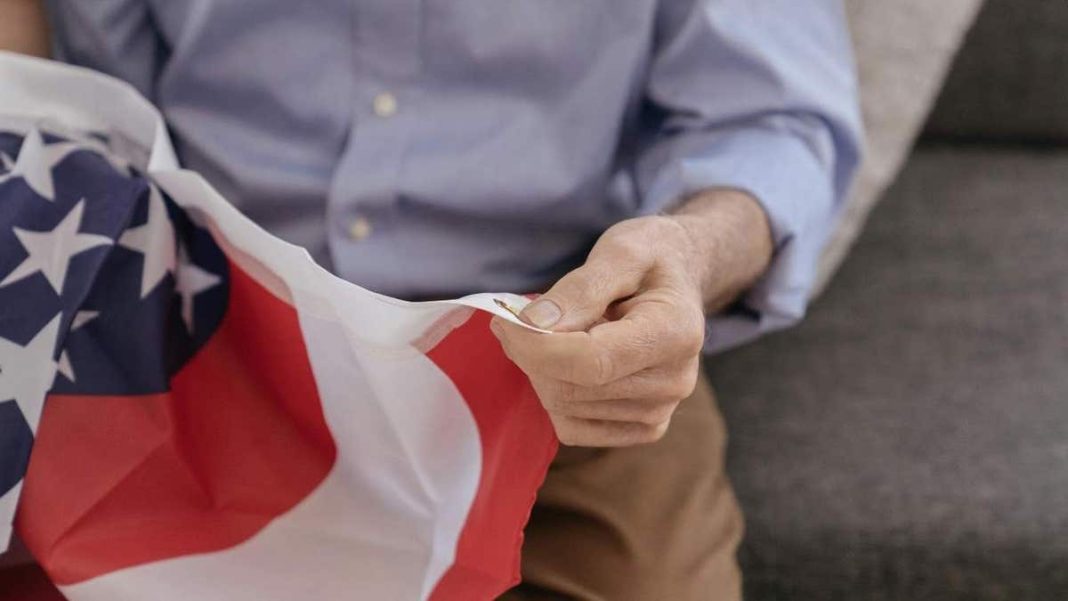VA Issues Urgent Alert: Veterans Targeted by Overpayment Scams
The Department of Veterans Affairs has issued a critical warning about a surge in sophisticated overpayment scams targeting veterans. Fraudsters are impersonating VA officials through texts, emails, and phone calls, demanding immediate payments or banking details under false pretenses of benefit overpayments.
Key Takeaways
- Scammers use official-looking VA logos and spoofed caller IDs
- They demand urgent payments via gift cards, wire transfers, or cryptocurrency
- Legitimate VA communications always direct veterans to official VA.gov channels
- Never share login credentials or banking information with unsolicited callers
How to Identify VA Overpayment Scams
Watch for these immediate red flags:
- Messages demanding urgent payment through unconventional methods
- Requests for your VA login credentials or passwords
- Emails or texts containing links that don’t lead to VA.gov
- Caller ID showing “VA” or “Debt Center” that may be spoofed
- Communications lacking specific account details or explanations
If you encounter any of these warning signs, do not engage. Instead, verify the communication directly through VA.gov or by calling the VA’s official number.
Legitimate VA communications always direct veterans to VA.gov or the official Debt Management Center. – Kurt “CyberGuy” Knutsson
How Real VA Overpayments Work
When the VA identifies an actual overpayment, they send a formal letter explaining the amount and your options to appeal or establish a payment plan. The VA will never demand payment through text messages, third-party apps, or request your login credentials outside of official channels.
All legitimate VA notices direct veterans to official resources like VA.gov or the Debt Management Center at 1-800-827-0648. If something feels suspicious, it likely is – always verify before taking action.
To protect your hard-earned VA benefits stay alert and verify messages through official channels. – Kurt “CyberGuy” Knutsson
Essential Protection Strategies
1. Verify Through Official VA.gov Account
Always log into your VA.gov account directly rather than clicking links in suspicious messages. Your secure dashboard shows current balances, payment status, and any legitimate debts.
2. Use Official Payment Channels Only
Handle legitimate debts exclusively through VA’s official payment options. Contact the Debt Management Center at 1-800-827-0648 or use your secure VA.gov dashboard. The VA never requests payments through apps, wire transfers, or prepaid cards.
3. Protect Your Login Credentials
Your VA login information is highly sensitive. The VA will never request your password by phone, email, or text. Anyone asking for these details is a scammer. If compromised, change your password immediately and enable multi-factor authentication.
4. Avoid Suspicious Links and Attachments
Scammers embed fake links that appear legitimate. Always hover over links to preview URLs – legitimate VA links always start with “https://www.va.gov”. Avoid opening attachments that could install malware.
5. Recognize Unusual Payment Methods
Any request for payment through gift cards, Bitcoin, prepaid debit cards, or wire transfers is an immediate red flag. The VA does not use these methods for collections.
6. Manage Social Media Exposure
Scammers harvest personal information from social networks to create targeted messages. Review your privacy settings and be cautious about sharing military service or benefit details online.
7. Report Suspected Fraud Immediately
If you believe you’ve been targeted, contact the VA directly at 1-800-827-1000. You can also report incidents at VSAFE.gov or call (833) 38V-SAFE (833-388-7233). Quick reporting helps protect the entire veteran community.
Final Recommendations
As we honor veterans’ service and sacrifice, protecting earned benefits becomes increasingly important. Scammers may be persistent, but staying vigilant and using official VA resources provides crucial protection. Your benefits represent more than financial support – they’re recognition of your service. Maintain skepticism toward unexpected messages and always verify through official channels before taking action.
How can technology companies and the government enhance online protection for veterans? Share your perspectives in the comments below.






